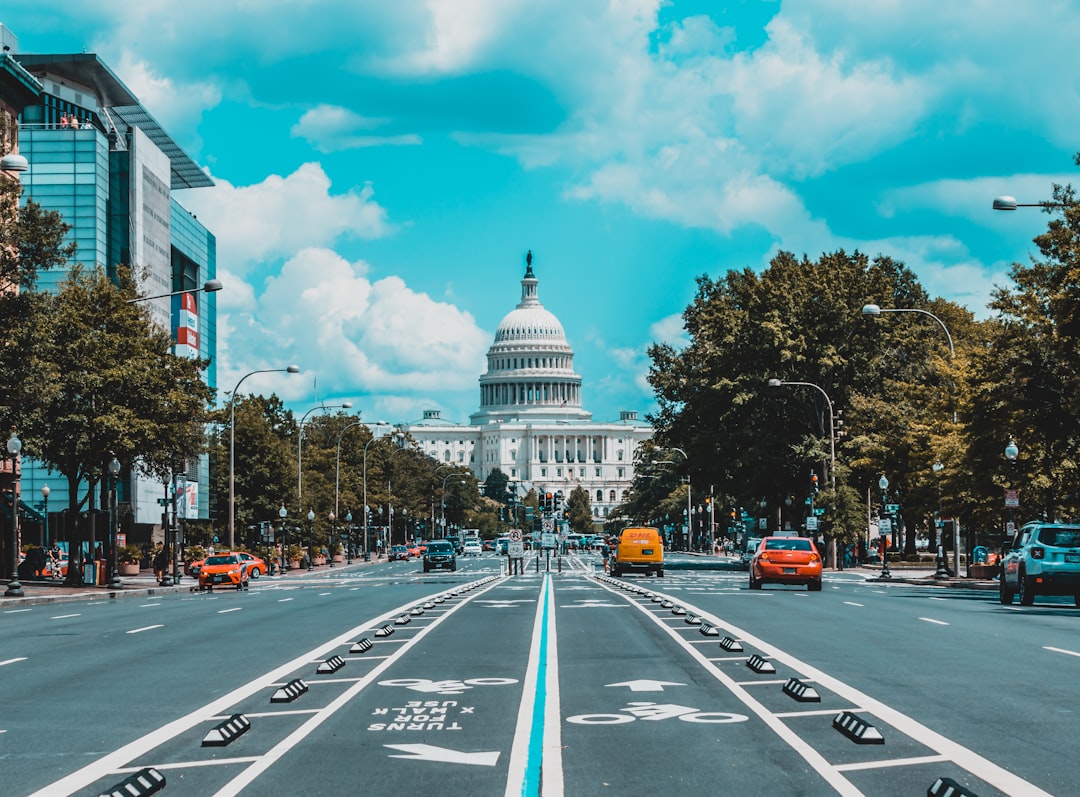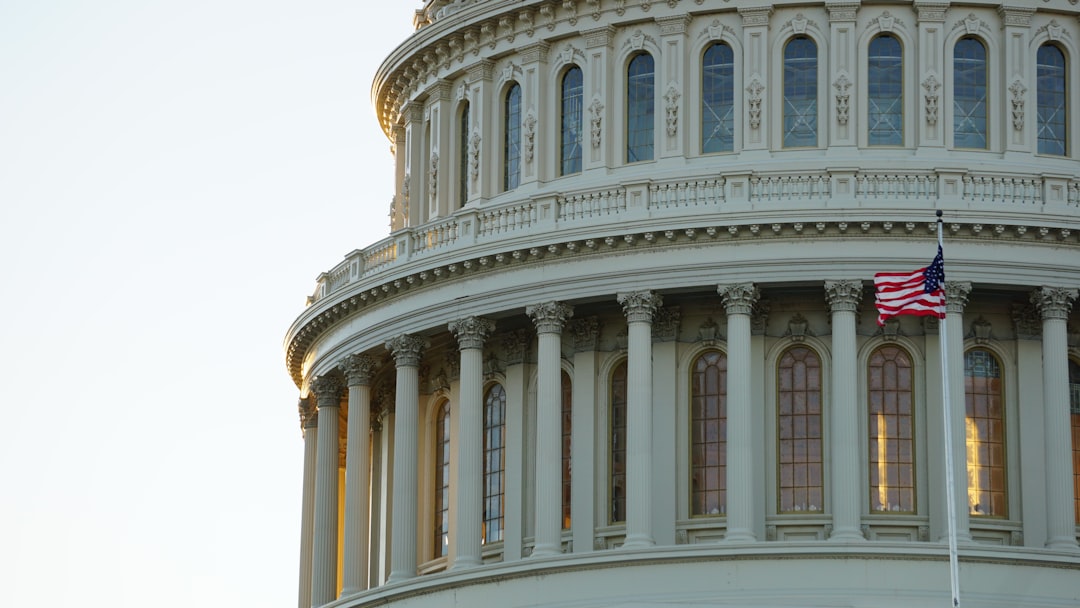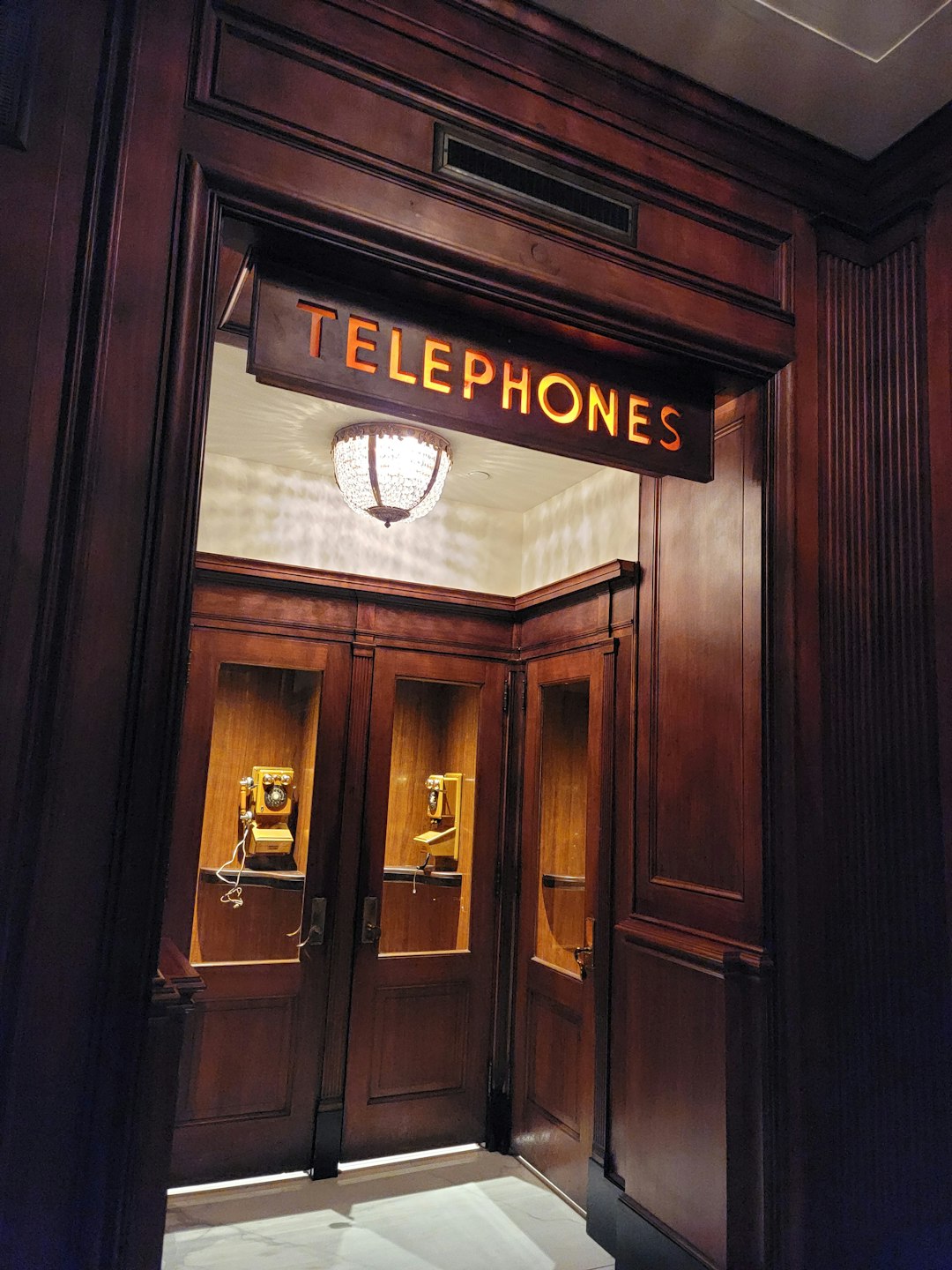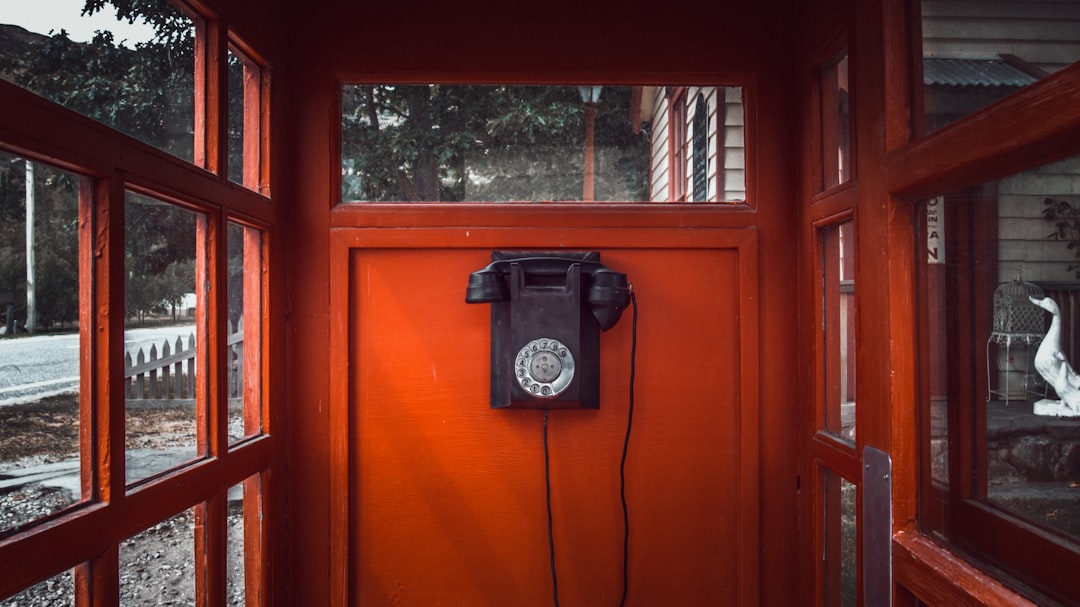Telemarketing scams targeting law firms in Washington are prevalent, with scammers impersonating legitimate organizations. To avoid these scams, never disclose personal or financial information over the phone unless initiated by you and verified. Register for 'Do Not Call' status to limit unsolicited calls from law firms and report suspicious activities. Legitimate firms won't contact you without prior interaction, so hang up on unexpected offers.
In the bustling city of Seattle, staying vigilant against telemarketing scams is essential. Recognizing common tactics and understanding local laws can empower residents to protect themselves. Washington state has stringent regulations against unsolicited sales calls, offering valuable safeguards for consumers. This guide explores these scams, provides practical tips on avoidance, and encourages prompt reporting. By arming yourself with knowledge, you can navigate the do-not-call laws effectively and keep your personal information secure.
Recognize Common Telemarketing Scam Techniques in Seattle

In Seattle, as with any urban center, telemarketing scams are prevalent and can take many forms. One common tactic is impersonation, where scammers pose as representatives from local law firms or government agencies to trick victims into providing sensitive information. They may claim there’s a legal issue or that you’ve won a prize, demanding immediate action and threatening consequences if you don’t comply. Be wary of unexpected calls claiming urgent attention, especially those asking for payment in advance or requesting personal details like social security numbers.
Another popular scam involves fake tech support. Scammers may call, pretending to be from prominent technology companies, and claim they’ve detected a problem with your computer. They’ll then try to sell you software or services, often at inflated prices. To avoid these tricks, never share personal or financial information over the phone unless you’ve initiated the call and verified the other party’s identity through official channels. Remember, reputable organizations won’t contact you unexpectedly for such matters. Stay alert, and if something seems fishy, do not call back or engage; instead, reach out to the company directly using known, official contact information.
Understanding Washington's Laws Against Unsolicited Sales Calls

In Washington state, including Seattle, there are strict laws in place to protect residents from unsolicited sales calls, often a tactic used by scammers. The Do Not Call law firms in Washington state prohibit businesses and telemarketers from making phone calls to individuals who have registered their numbers on the “Do Not Call” list. This list is maintained by the Washington State Attorney General’s Office, ensuring that registered residents are free from unwanted marketing calls.
When a consumer receives an unwanted call from a telemarketer, they can take action by registering their number on the state’s Do Not Call registry or filing a complaint with the Attorney General’s office. These measures help enforce the law and deter scammers who often target busy metropolitan areas like Seattle.
Protecting Yourself: Tips to Avoid and Report Telemarketing Scams

Protecting yourself from telemarketing scams is an essential step in ensuring your safety and security. Here are some valuable tips to help you avoid and report these deceptive practices, especially when dealing with suspicious calls or messages claiming to be from law firms in Washington.
First and foremost, never share personal or financial information over the phone unless you have initiated the call and are certain of the party’s legitimacy. Be wary of unexpected calls offering legal services or claiming that you’ve won a prize. Legitimate law firms will not contact you out of the blue to provide legal advice or solicit your business. If you receive such a call, hang up immediately and do not engage. Instead, verify the caller’s identity by contacting the firm directly through official channels. Remember, it’s always better to be safe than sorry when dealing with sensitive matters. Additionally, consider registering with ‘Do Not Call’ registries to limit unsolicited calls, and report any suspicious activities to your local consumer protection agency or law enforcement to aid in combating these scams.






